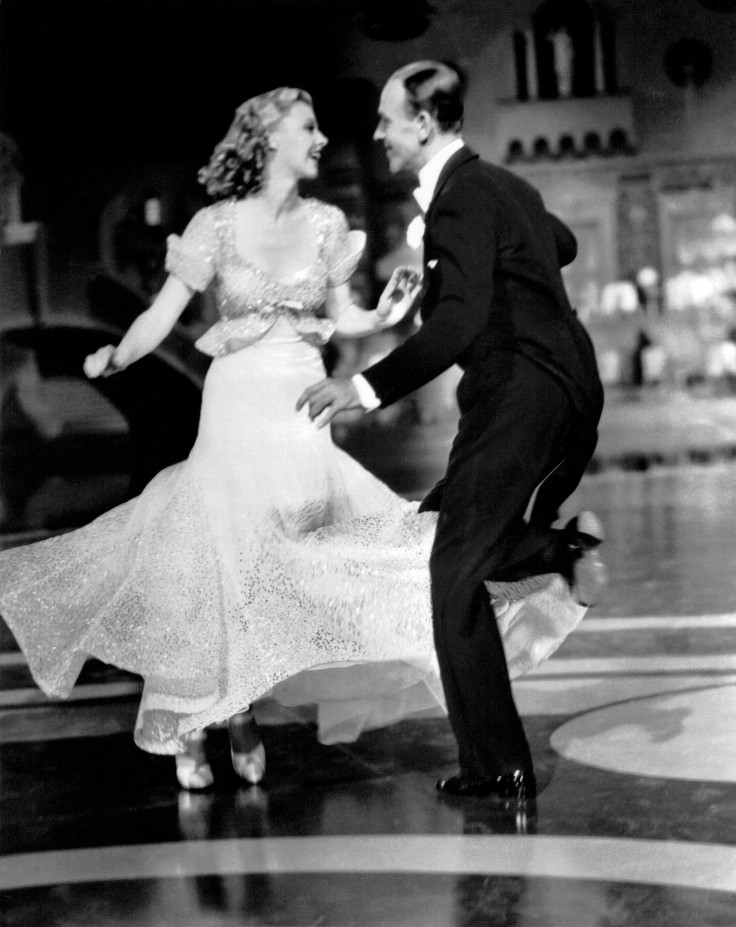No Wonder Fred and Ginger Didn't Fall

If you are approaching age 65, your healthcare provider may ask if you have fallen. The reason? More than 25% of people age 65 and older fall every year. Exercises that strengthen leg muscles and improve balance can help prevent falls. While tai chi has long been known to improve balance and reduce fall risk, new research shows that choreographed types of social dances can provide similar benefits.
The study, published in the Journal of the American Medical Association, found that seniors who participated in “dance-based mind-motor” activities fell 31% fewer times than those in the control groups. Researchers studied 29 clinical trials that looked at how activities involving rhythm, remembering steps and coordinated movement impact fall-risk in seniors. The study found that certain activities, like tai chi, and dance styles such as folk and ballroom dancing, reduced the risk of falls by 37%. The study researchers defined dance-based mind-motor as activities involving “mind-motor movements that emphasize dynamic balance:” the participants moved to music or to their own breathing; received instructions while doing so; and were socially interacting.
The study also looked at whether participants’ physical fitness improved. Researchers found that dance-based mind-motor activities were associated with better balance, improved mobility and increased lower body strength.
While the basis for this study was no doubt enjoyable for its participants, the researchers’ reason for conducting it was serious. Falling can result in broken bones, an arm, wrist, ankle or hip, or even a traumatic brain injury. A TBI can cause long-term complications, such as personality changes, memory problems, trouble with vision or hearing, or even death.
Some of the risk factors that can increase your chance of falling:
Vitamin D deficiency
Lower body weakness and balance problems
Difficulty seeing
The wrong shoes
Medicines that cause drowsiness or dizziness
Dangers in the home, such as slippery throw rugs, objects on the floor, or stairs that are difficult to navigate
To try to prevent falls, ask your doctor for a falls risk evaluation. You might hear about changes you can make to reduce your risk of falls, such as wearing supportive shoes or doing balance exercises. Ask if you should take a Vitamin D supplement, and if any of your medicines or supplements could cause you to be sleepy or dizzy. If you are concerned about falling, say so.
And it’s a good idea to visit an eye doctor every year.
You’ll want good vision to pick yourself a dance partner.
The take home
Consider taking a choreographed dance or tai chi class to improve your balance, lower body strength and mobility. As long as your doctor gives you the green light, learning a new dance routine could be a fun way to meet people and make you less likely to fall. Be safe by seeking out online classes where you can learn virtually with other people.
For more information on preventing falls, the National Council on Aging provides falls prevention resources, including how to find a falls prevention program in your area.



























